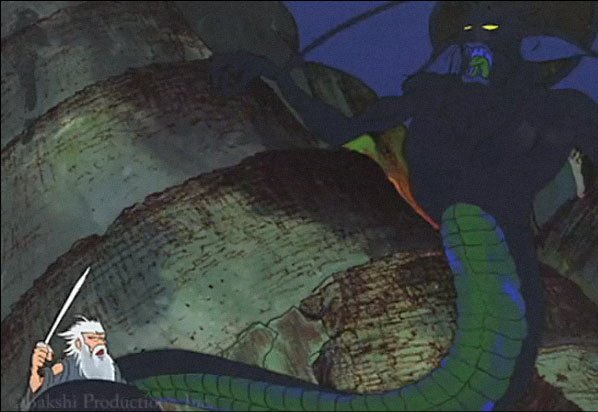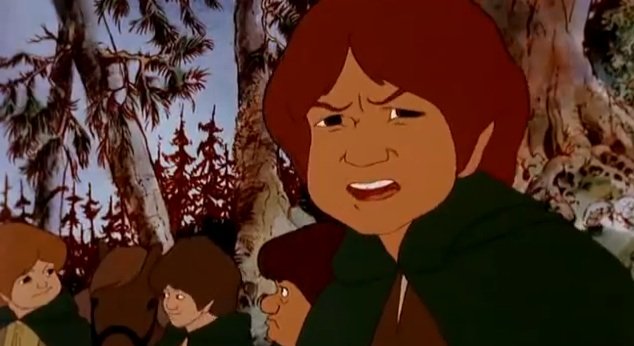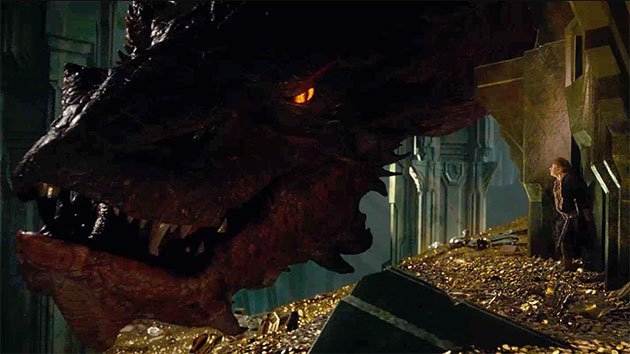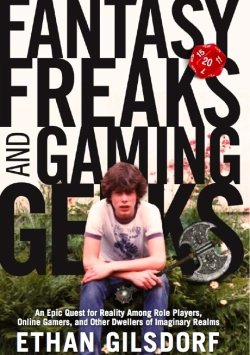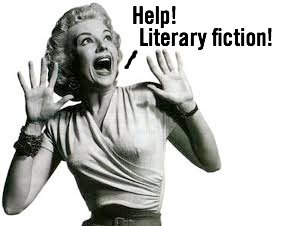 There’s a curious phenomenon happening out there in LiteraryLand: The territory of genre fiction is being invaded by the literary camp.
There’s a curious phenomenon happening out there in LiteraryLand: The territory of genre fiction is being invaded by the literary camp.
While it could be argued that literary writers have always borrowed from fantasy, science fiction and horror, even stolen genre's best ideas, I think there's a new and significant shift happening in the past few years.
Take Justin Cronin, writer of respectable stories, who recently leaped the chasm to the dystopian, undead-ridden realm of Twilight. With The Passage, his post-apocalyptic, doorstopper of a saga, the author enters a new universe, seemingly snubbing his former life writing “serious books” like Mary and O’Neil and The Summer Guest, which won prizes like Pen/Hemingway Award, the Whiting Writer’s Award and the Stephen Crane Prize. Both books of fiction situate themselves solidly in the camp of literary fiction. They’re set on the planet Earth we know and love. Not so with The Passage, in which mutant vampire-like creatures ravage a post-apocalyptic U.S. of A. Think Cormac McCarthy’s The Road crossed with the movie The Road Warrior, with the psychological tonnage of John Fowles’ The Magus and the “huh?” ofThe Matrix.
Now comes Ricky Moody, whose ironic novels like The Ice Storm andPurple America were solidly in the literary camp, telling us about life in a more-or-less recognizable world. His latest novel, The Four Fingers of Death, is a big departure, blending a B-movie classic with a dark future world. The plot: A doomed U.S. space mission to Mars and a subsequent accidental release of deadly bacteria picked up on the Red Planet results in that astronaut’s severed arm surviving re-entry to earth, and reanimating to embark on a wanton rampage of strangulation.
And there’s probably other examples I’m forgetting at the moment.
So what’s all this forsaking of one’s literary pedigree about?
It began with the flipside of this equation. It used to be that genre writers had to claw their way up the ivory tower in order to be recognized by the literary tastemakers. Clearly, that’s shifted, as more and more fantasy, science fiction, and horror writers have been accepted by the mainstream and given their overdue lit cred. It’s been a hard row to hoe. J.R.R. Tolkien, C. S. Lewis, Philip Pullman and others helped blaze the trail to acceptance. Now these authors have been largely accepted into the canon. You can take university courses on fantasy literature and write dissertations on the homoerotic subtext simmering between Frodo and Sam. A whole generation, now of age and in college, grew up reading (or having read to them) the entire oeuvre of Harry Potter. That’s a sea change in the way fantasy will be seen in the future—not as some freaky subculture, but as widespread mass culture.
Yes, Margaret Atwood and Doris Lessing have delved into genre, although their works (A Handmaid's Tale, for example) was always taken as highbrow. Perhaps a better example: Stephen King, considered a hack horror writer for years who began publishing in the New Yorker in 1990. One wonders why the New Yorker finally caved and let him in the doors --- is this an implicit acknowledgement of his popularity? Or had King's writing gotten better. In any case, it's was a shocker when he began racking up impressive literary kudos, like in 2003 when the National Book Awards handed over its annual medal for distinguished contribution to American letters to King. Recently in May, the Los Angeles Public Library gave its Literary Award for his monstrous contribution to literature.
Now, as muggles and Mordor have entered the popular lexicon, the glitterati of literary fiction find themselves “slumming” in the darker, fouler waters of genre. (One reason: It’s probably more fun to write.) But in the end, I think it’s all about call and response. Readers want richer, more complex and more imaginative and immersive stories. Writers want an audience, and that audience increasingly reads genre. Each side—literary and genre—leeches off the other. The two camps have more or less met in the middle.
One wonders who’s going to delve into the dark waters next—Philip Roth? Salman Rushdie? Toni Morrison? Actually, it turns they already (sort of) have --- Roth explores alternative history in The Plot Against America;
Rushdie's "Magical Realism," of Midnight's Children, in which children have superpowers. You might even argue that Morrison's Beloved is a ghost story.
[thanks to readers at Tor.com, where this post originally appeared, for catching some errors and helping me revise this into a better essay]
Ethan Gilsdorf is the author of Fantasy Freaks and Gaming Geeks: An Epic Quest for Reality Among Role Players, Online Gamers, and Other Dwellers of Imaginary Realms, which comes out in paperback in September. Contact him through his website,www.ethangilsdorf.com

